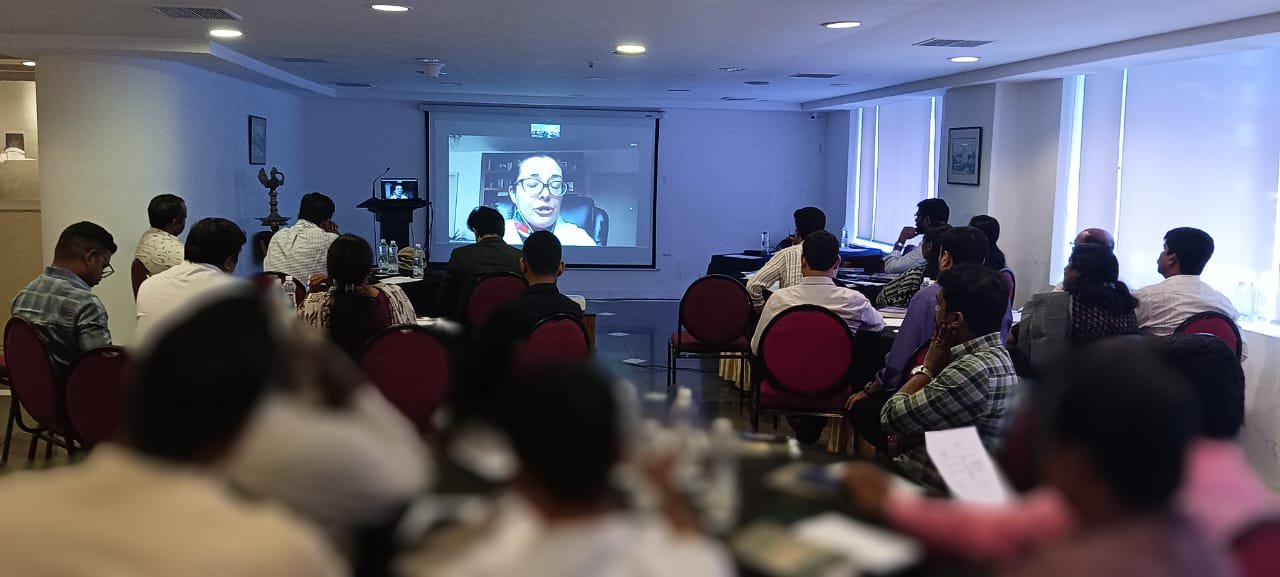Prosecutor workshop highlights underused legal provisions with transformative potential for wildlife remedies
A CL Network Contribution
The Wildlife Trust of India (WTI), part of the Conservation-Litigation.org network and a leading voice on wildlife and habitat conservation in the country, has held a pioneering workshop for Public Prosecutors in Kochi, Kerala.
The workshop aimed to draw the attention of the Public Prosecutors appointed across the biodiversity-rich state of Kerala, in Southern India to specific provisions of the Code of Criminal Procedure that have the potential to revolutionise how criminal harm to wildlife is addressed.
As Conservation-Litigation.org analyses have shown, the different legal pathways through which environmental remedies can be sought vary significantly across countries. In India, wildlife crime cases fall under the Wild life (Protection) Act, 1972 and are addressed through criminal enforcement – as opposed to civil liability.
However, the provisions explored in the workshop contain little-known measures that allow courts to grant monetary compensation in criminal cases involving injury and loss to biodiversity and protected species. The application of these provisions – which are legally possible but as yet seldom invoked – could have transformative potential for the hundreds of wildlife crime cases brought before India’s courts every year by requiring offenders to pay for the harm they have caused to nature.
Introducing the event, Mr. Jose Louies, Chief of Wildlife Crime Control at WTI, presented an overview of wildlife crimes in India, focusing in particular on hunting and illegal wildlife trade. The session aimed to introduce the prosecutors – who are not trained on wildlife crime cases - about the harm such offences cause, its association with other criminal offences and, importantly its impact on India’s natural heritage of the country.
In his keynote speech, Mr. Pawan Singh Rajawat – one of the few Judicial Officers in India to have awarded compensation in an illegal wildlife trade case – emphasized the compensation measures available to Prosecutors of wildlife cases, while Mr. Lovish Sharma, a practicing lawyer at the High Court of Delhi and a Legal Consultant with WTI, presented the relevant legal provisions seeking compensation in cases involving injury and loss to biodiversity and protected species under the Wild life (Protection) Act, 1972 (and the Amendment Act, 2022), drawing on case examples of wildlife crime cases in other states in India where the trial court judgments awarded monetary compensation.
Speaking as a guest at the event, Conservation-Litigation.org Co-executive Director and environmental lawyer Ms. Maribel Rodriguez Valero presented the concept and use of legal remedies for biodiversity harm across jurisdictions, with a focus on wildlife crime cases where monetary compensation has been awarded.
“Workshops like this play an important role in highlighting underused legal provisions that can help secure the funds needed to deliver remedies for nature,” stresses Ms. Rodrigeuz. “In the case of India, the State may request compensation which will go directly back into conservation. This moves us the conversation beyond punishment, and towards remedies.”
Related Stories:
News from WTI: Poacher, the new Amazon Prime series, tells the true story of one of the biggest wildlife crime cases in India.
https://www.conservation-litigation.org/news/poacher
Law and conservation join forces in a collaborative learning experience to promote environmental remedies through law enforcement https://www.conservation-litigation.org/news/collaborativelearning

